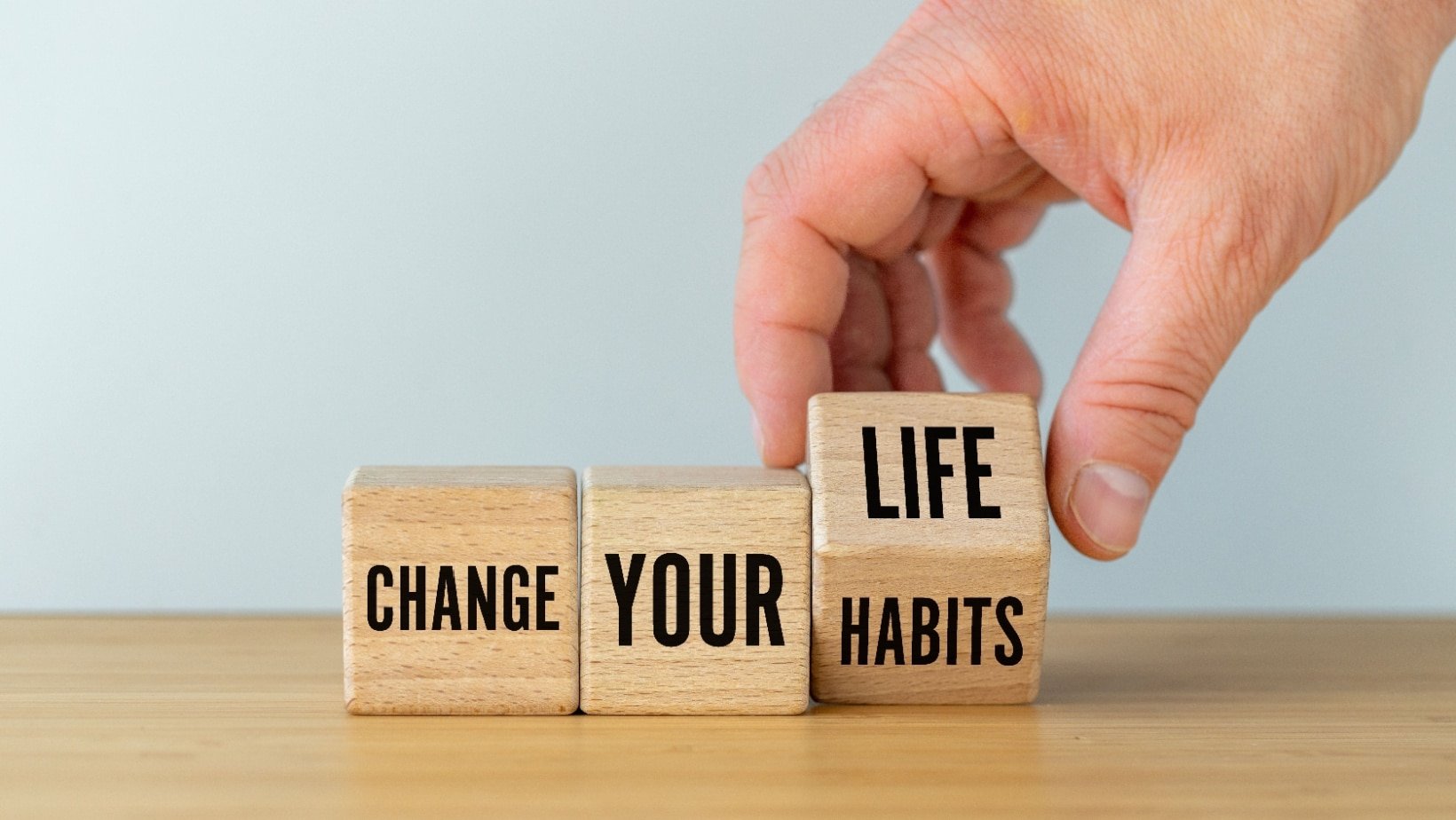Someone’s rude comment can hit you like a surprise splash of cold water, leaving you stunned and searching for words. In the moment, it’s easy to freeze up or, conversely, react with equal rudeness, which rarely solves anything. But what if you could respond with grace, wit, and a touch of class that leaves them, not you, feeling a bit sheepish?
Having a few solid comeback phrases in your back pocket is like having a secret superpower. It’s about maintaining your composure and self-respect without stooping to their level. These phrases can help you manage interactions, protect your mental health, and even foster personal growth by helping you assert boundaries.
Thanks, But I’m Not Accepting Unsolicited Feedback.

This comeback is perfect for those who offer unsolicited criticisms or judgments dressed up as “advice.” It clearly states that their input is neither welcome nor requested. It’s a strong boundary statement that protects your wellness and self-esteem. A strong boundary like this helps maintain a healthy lifestyle.
What Was Your Intention with That Comment?

This question puts the ball squarely in their court, forcing them to explain their motivation. Often, a rude person will struggle to articulate a non-malicious intent, revealing their true colors. It’s a great way to peel back the layers of their behavior and can lead to a moment of genuine personal growth for you, understanding their tactics.
I Understand You May Not Have Meant to Be Rude, But That’s How It Came Across.

Similar to the previous one, this approach gives them an out while still holding them accountable. It’s empathetic yet firm, allowing them to save face if their rudeness was unintentional, or making it clear you’re not falling for their tactics if it was deliberate. It’s about clear communication, a cornerstone of self-improvement.
I’m Sorry, But I Wasn’t Paying Attention. Could You Please Repeat Yourself?

This phrase is a classic for a reason. It subtly implies their comment was so uninteresting or irrelevant that it didn’t even register. It forces them to repeat their rudeness, often making them realize how silly or unkind they sound. It also gives you a moment to collect your thoughts and decide your next move, a savvy habit for tricky conversations.
You May Not Be Aware, But That Comment Was Quite Rude.

Directness can be surprisingly effective. This phrase calls out the rudeness plainly, giving them a chance to correct themselves or at least recognize their behavior. It’s assertive without being aggressive, a sign of strong interpersonal skills.
Thank You for Your Perspective.

This one is deceptively simple and incredibly powerful. It acknowledges their comment without agreeing with it or validating its rudeness. It’s a polite dismissal, indicating that you’ve heard them, but their opinion holds little weight for you. It’s a great technique for brushing off negativity. A survey by the Pew Research Center found that 47% of adults believe people are more rude now than 6 years ago.
I Appreciate Your Concern, But Your Words Are Hurtful Regardless of Your Intentions.

Sometimes, people are rude without realizing the impact of their words. This phrase calmly and directly highlights the effect of their comment, shifting the focus from their intent to the hurt caused. It’s a healthy way to communicate your boundaries and emotional health. It sets a clear boundary, crucial for healthy relationships.
That’s an Interesting Opinion. I’ll Give It All the Consideration It Deserves.

This phrase drips with polite sarcasm. It implies that their “interesting opinion” deserves very little consideration indeed. It’s a subtle way to shut down a rude comment without engaging in a direct argument. It’s a smart money move in conversation; you’re not spending excess emotional capital.
Wow, What a Wild Thing to Say Out Loud.

This phrase expresses genuine surprise and judgment without being overtly confrontational. It highlights the inappropriateness of their comment, implying that most reasonable people wouldn’t utter such a thing. It’s particularly effective for truly shocking or outlandish remarks. About 35% of workplace conflicts stem from rude or disrespectful behavior.
Could You Repeat That? I Don’t Think I Heard You Correctly.

Similar to “I wasn’t paying attention,” this phrase forces them to articulate their rudeness again. Often, hearing their own words repeated makes people realize how unpleasant they sound. It’s a pause button that gives you control of the interaction. This is a subtle yet powerful technique to gain the upper hand.
I’m Going to Give You a Chance to Rephrase That.

This is a powerful, authoritative statement that gives the rude person an explicit opportunity to retract or soften their comment. It sets a clear expectation for respectful dialogue and demonstrates that you won’t tolerate their initial rudeness. It’s a clear sign of self-respect.
Let’s Change the Subject to Something More Positive.

Sometimes, the best comeback is simply a refusal to engage. This phrase shifts the conversation away from negativity and towards a more constructive or pleasant topic. It’s a way of saying, “I’m not going to play this game with you,” and prioritizes your mental health. It’s a habit of focusing on inspiration over conflict.
Disclaimer – This list is solely the author’s opinion based on research and publicly available information. It is not intended to be professional advice.
How Total Beginners Are Building Wealth Fast in 2025—No Experience Needed

How Total Beginners Are Building Wealth Fast in 2025
I used to think investing was something you did after you were already rich. Like, you needed $10,000 in a suit pocket and a guy named Chad at some fancy firm who knew how to “diversify your portfolio.” Meanwhile, I was just trying to figure out how to stretch $43 to payday.
But a lot has changed. And fast. In 2025, building wealth doesn’t require a finance degree—or even a lot of money. The tools are simpler. The entry points are lower. And believe it or not, total beginners are stacking wins just by starting small and staying consistent.
Click here and let’s break down how.
5 Easy Steps to Change Any Habit

5 Easy Steps to Change Any Habit
We all click on them with the hope that just THIS time the secret to changing a bad habit or adopting a healthy one will be revealed and we’ll finally be able to stick to that diet, stop that one or ten things that might in the moment make us feel temporarily good but really just make us fat, unhealthy, sad, mad or just frustrated with ourselves.





